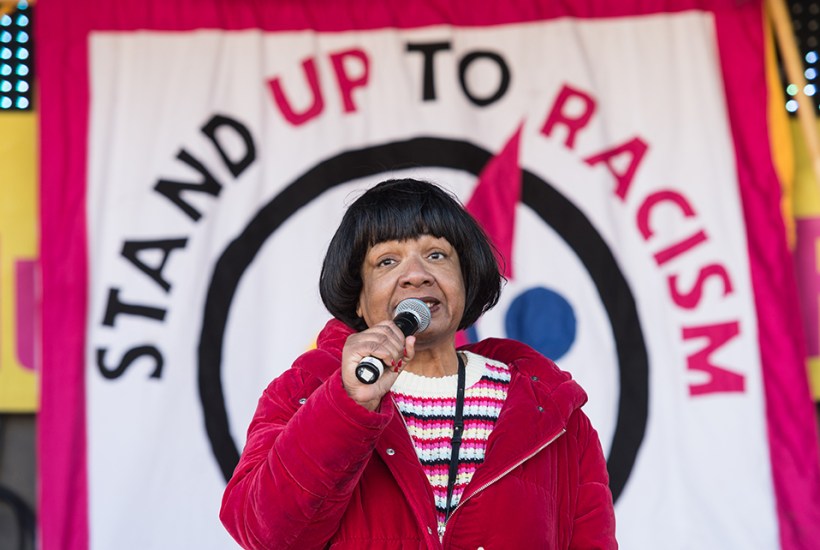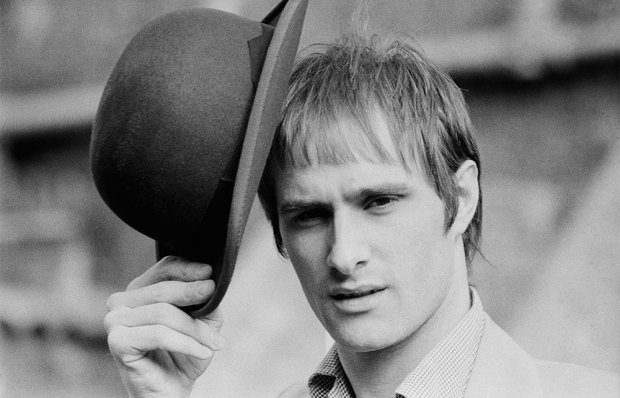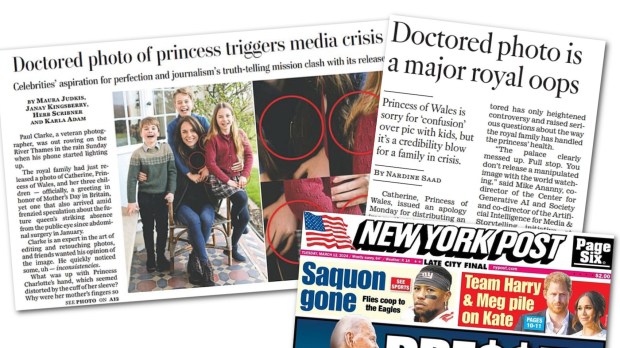I thought I had forgotten about Diane Abbott, but in fact there has been a Diane-sized hole in my life and I only properly realised this when she came back, gloriously, to fill it again. Hitherto I had been going about my business, writing columns, cooking for my family and so on, and perhaps to other people I seemed to be getting along normally enough – but in truth I was hollow inside, devoid of a sense of purpose. How uplifting it was to see her back in the headlines.
It is less her stupidity that I find attractive, more her perpetual sense of confusion. She makes a series of palpably absurd comments and then, in trying to excavate herself, makes things incalculably worse. She suggested that Jews do not suffer racism and that although white people ‘with points of difference’, such as red hair, encounter prejudice, they have not been subjected to the same racism as black people. Then, after a huge backlash to her letter to the Observer, she claimed that her first draft had been sent in error. Would the second one have said ‘Jews actually are victims of racism, now I come to think of it’?
Diane is confused, though, because her ideo-logy is confused and almost always contradictory. It is the song, not the singer. Identitarian politics insists that all people who are not part of the oppressive straight white hegemony are similarly and equally oppressed: their not-whiteness is the defining factor. Everybody, then, who is not straight and white is an equal victim of oppression and this disenfranchised minority should band together to fight for equality – or as we call it today, equity. That’s why you often hear Peter Tatchell calling for solidarity between Muslims and homosexuals, a request which, you have to say, sometimes falls on profoundly deaf ears, especially in Peter’s favourite place, Palestine. Hamas has yet to organise a gay pride march.
The problem, though, with this tenet of identitarian politics is that it comes into conflict with reality. There are many racial groups within the UK who do not actually seem very oppressed at all. On average, they perform well at school, tend not to get banged up, acquire university educations and earn comparatively decent wages later in life. These are Indians, East Asians and our community of Jews. Not only do they do terribly well for themselves, they are also largely reluctant to see themselves as victims. If you inhabit Diane’s (or Owen Jones’s, or the BBC’s) sealed compound of received idiocy, then your only way out of this paradox is to simultaneously deny that these people are eligible to be victims of racism (much as is whitey, of course) while still, in the back of your mind, assuming that they must be victims of racism because they are not politically white.
It is much the same in the United States, where Asian-Americans are allowed to call themselves ‘people of colour’ (and thus possess privileged characteristics) but find themselves hideously discriminated against in the education system because they are high achievers and must surrender a portion of their hard-earned Ivy League university places to less able students.
This feat of doublethink demands the construction of a multiplicity of patent falsehoods to keep it afloat. Black people are extra discriminated against because they were victims of slavery – a preposterous suggestion – and are discriminated against in every walk of life. They then have to cleave to the ludicrous notion that slavery was a singularity, an evil visited upon only black people in world history and along with colonialism is the single reason why they do not succeed like Indians and Koreans. Slavery was indeed wicked (though the victims of the Atlantic slave trade were almost entirely enslaved by other Africans), but it is scarcely a singularity.
Today, in many spheres of life, black people are afforded affirmative action – in commerce, in education, in public appointments and so on. But the falsehoods have to be clung to, otherwise the entire ideology begins to fall apart at the seams. To suggest that the struggles of black people in the US and UK might not be the consequence of whitey’s overweening malfeasance can only be met with the furious allegation ‘racist!’ and the observation that minority groups who do very well for themselves (pretty much everywhere, incidentally) are not properly ‘of colour’ and therefore do not suffer racism to the same degree.
I had always expected the demands of the transgender lobby to be the first battle to be won by the forces of bigotry and reaction (or common sense – take your pick), because those demands were so demonstrably false. This indeed seems to be happening, with various sporting bodies deciding there is no room for blokes in women’s sport and a general shifting of the official view on such matters. Good. But in truth, the falsehoods which lie at the heart of our newly acquired and quite bizarre genuflections to critical race theory are just as easily disprovable – maybe even more so. And yet for the moment nobody dares put their head above the parapet.
My suspicion is this next tranche of identitarian politics will bite the dust when other minority groups tire of being treated as if they were children and also cavil at the more generous treatment afforded by society to people who have slightly darker skin than they do. This will require a dropping of that doublethink, mind. But I have the feeling that if I were an Asian-American who revelled in my protected characteristics, I might begin to see the light when I was denied a university place as the consequence of a quota system. In the meantime, Diane Abbott (grammar school, Cambridge, sent her child to a private school) will continue to insist she alone is the victim of racism.
Got something to add? Join the discussion and comment below.
Get 10 issues for just $10
Subscribe to The Spectator Australia today for the next 10 magazine issues, plus full online access, for just $10.
You might disagree with half of it, but you’ll enjoy reading all of it. Try your first month for free, then just $2 a week for the remainder of your first year.















Comments
Don't miss out
Join the conversation with other Spectator Australia readers. Subscribe to leave a comment.
SUBSCRIBEAlready a subscriber? Log in